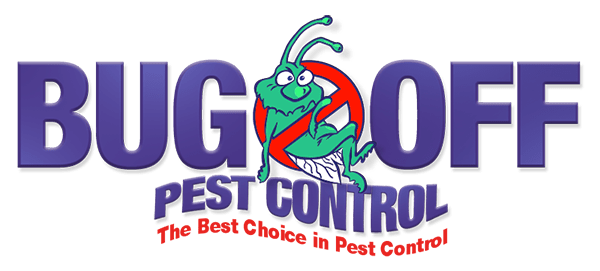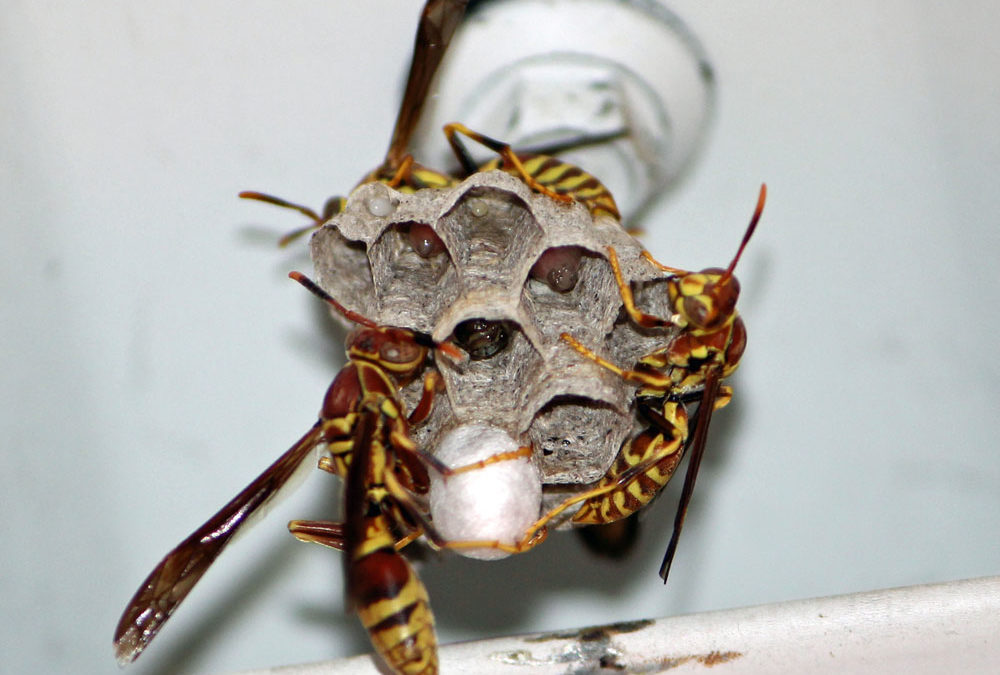Of all the insects you may come into contact with in your backyard, wasps are among the most feared. Wasps have earned themselves a bad reputation due to their sting and occasional aggression. As such, wasps should be given a wide berth and left alone unless they are too close to your home. What is less known is that wasps play a very important role in the ecosystem by helping to keep insect populations under control. Wasps hunt and capture large quantities of insects to feed their young. In essence, they are nature’s pest control team. Here are some more facts about wasps.
Why do Wasps Sting?. Wasps use their venomous sting to subdue prey and defend their nest. They also use it to defend themselves and their nests.
The Secret Of Wasp Venom. When wasps feel threatened, their venom will release pheromones that alerts the rest of the colony and triggers them to defend the nest. The ability to sting multiple times and rally in defense of their nest makes removing a nest dangerous.
What Happens if You Get Stung? It is important to keep the sting area clean and make sure you are not experiencing an allergic reaction. Anaphylactic shock is rare but can be fatal if not treated properly. Signs of anaphylactic shock comprise skin reactions, itching, or pale skin. You should seek medical help immediately. Otherwise, it is best to apply ice and use a painkiller to alleviate the pain.
What is the Most Dangerous Wasp Species? There are many species of wasps, divided into solitary and social species. Social species live in large colonies. Yellowjackets are very aggressive and pose the biggest threat to people. Yellowjackets usually build their nests in the ground or in hollow trees.
How to Get Rid of a Wasp Infestation
If you have started noticing wasps in larger numbers than usual near your home, then there very likely is a nest close by. One thing to keep in mind is that wasps are attracted to sources of water and sugar. Sugar sources in nature are flower nectar and fruit. Another major source of problems is due to waste and recycling bins attracting wasps. Keeping them clean and sealed will eliminate a tempting food source.
How to Find a Wasp Nest
Wasps build their nests in trees, on the eaves of your roof, in sheds, or any other protected structure. If you have noticed wasps around your home, be on the lookout for patterns. Give a proper rundown of your home surroundings and look for a possible sign of a wasp nest. Try to observe their flight patterns keep track if they are coming and going from a single location. This will help you determine where the nest is located.
Use Naturally Available Solutions
If you are strictly against toxic chemicals, there are plenty of home remedies to get rid of wasps naturally. You can create a wasp repelling spray using essential oils, and spray it directly onto the wasp nest. For your own safety, we would suggest spraying at night, when wasps are less active.
If you are experiencing wasp problems near your property, and don’t want to take any chances, contact a certified professional. Your local pest control experts are available to help you get your wasp infestation under control. Call us today!

